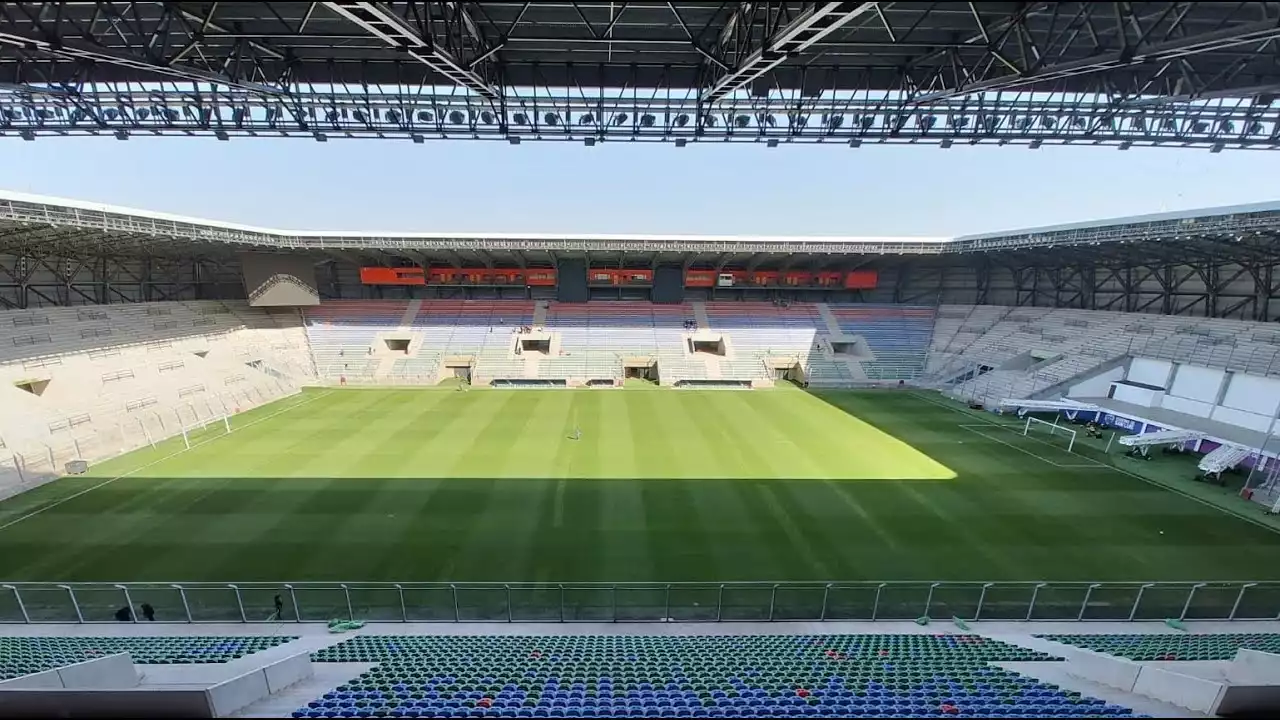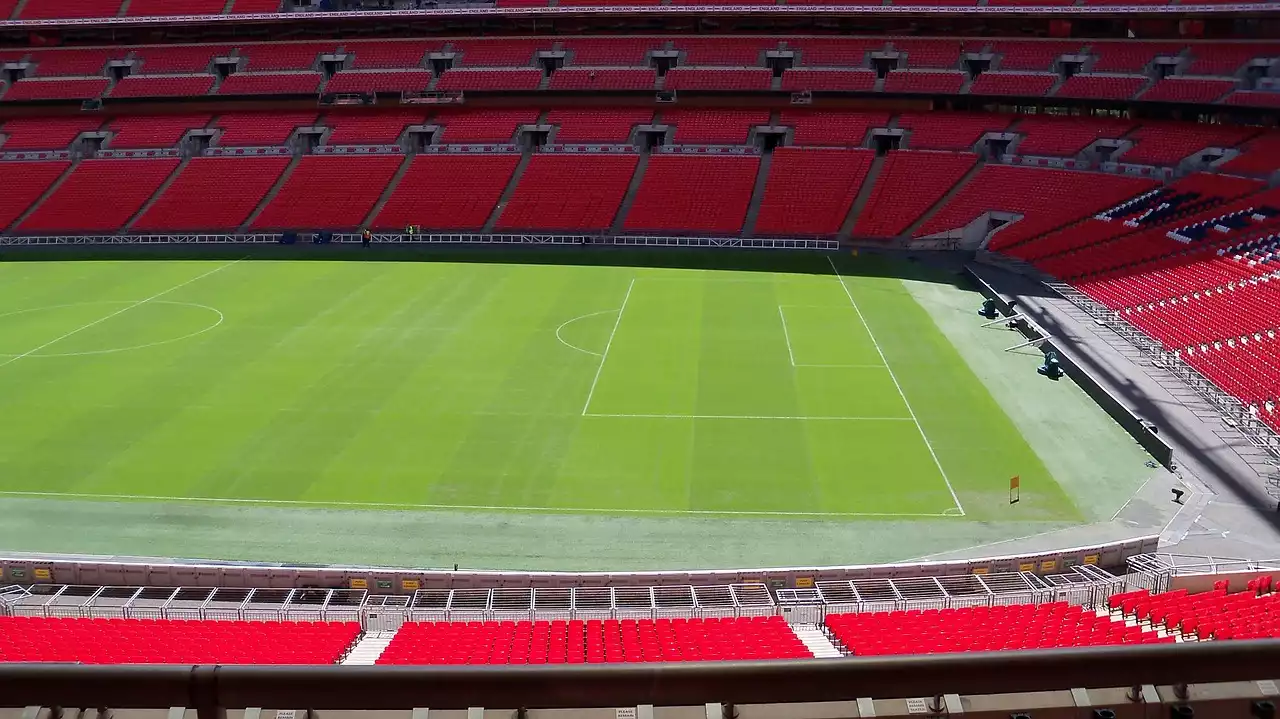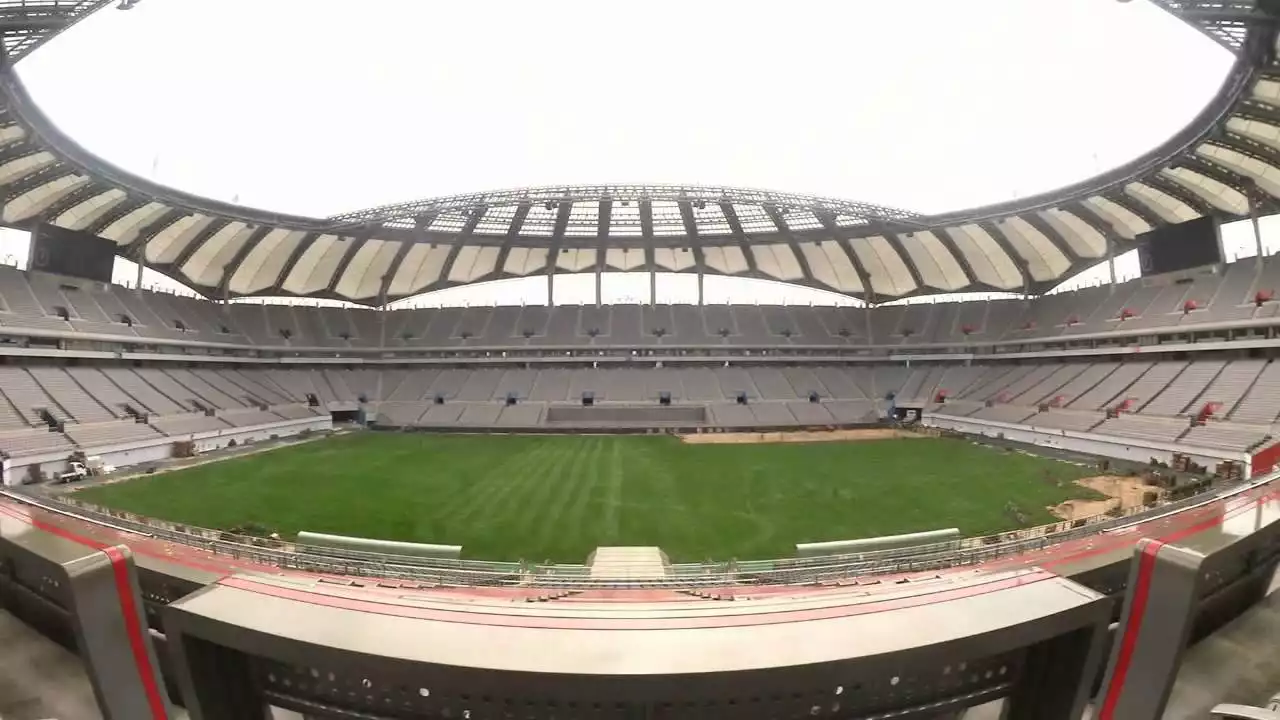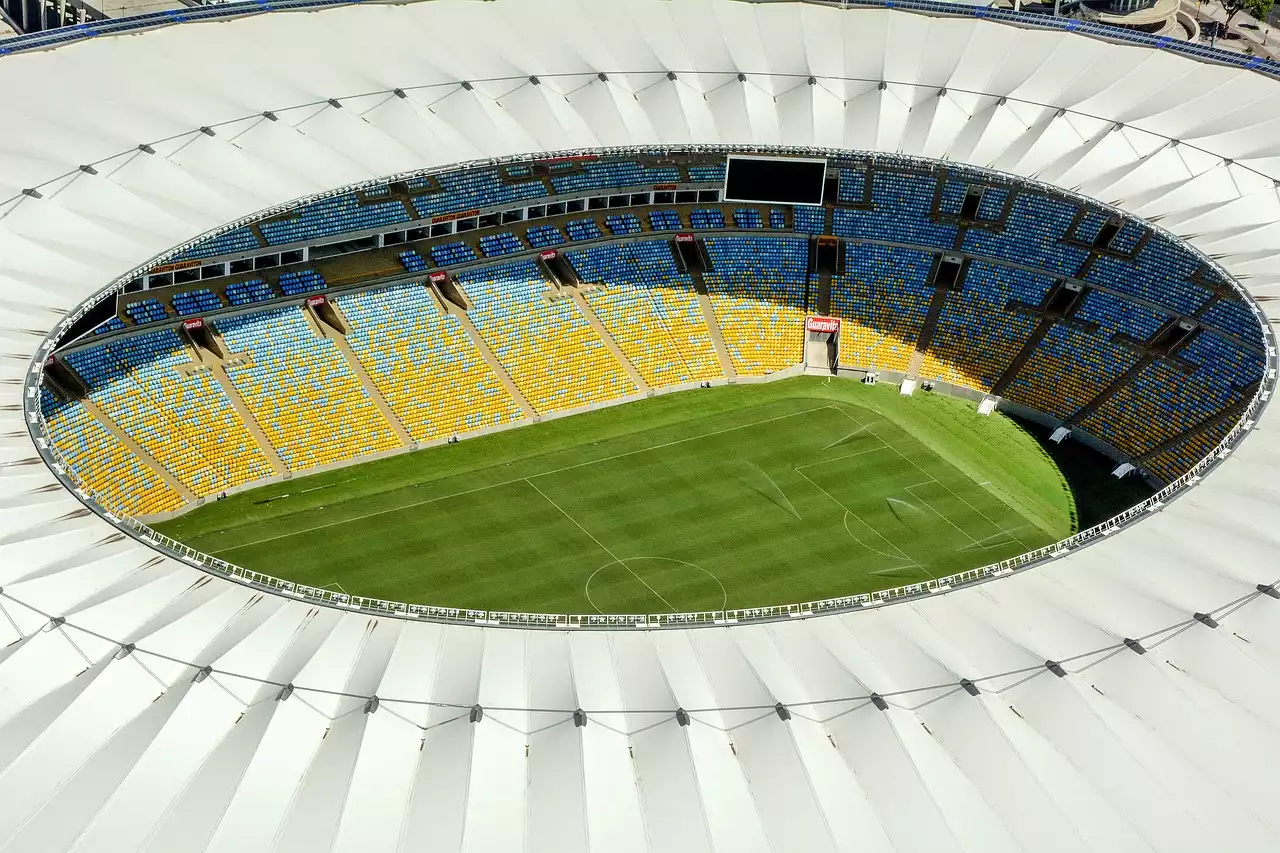Importance of selecting the right venue
Selecting the right venue is crucial for the success of the FIFA U-20 World Cup. The venue sets the stage for the tournament and plays a significant role in creating a memorable experience for players and fans alike. A well-chosen venue not only provides a world-class playing field but also ensures that the logistics and infrastructure can support the tournament's needs. It's important to consider factors such as the stadium's capacity, accessibility, and security to ensure the smooth running of the event.
Additionally, the venue should be able to accommodate the influx of fans and provide facilities for the teams. This includes training facilities, medical facilities, accommodation, and transportation options. The goal is to create an environment where players can perform at their best and fans can enjoy the matches in comfort and safety.
Factors considered in venue selection
When selecting venues for the FIFA U-20 World Cup, a team of experts, including FIFA officials and local organizing committees, take into account various factors. These factors include the capacity of the stadium, the quality of the playing surface, the availability of training facilities, and the overall infrastructure of the city. The goal is to select venues that can provide a world-class experience for players and fans alike.
Accessibility is another important factor. The venue should be easily accessible for both local and international fans, with good transport links and adequate parking facilities. It should also have the necessary infrastructure to handle the influx of fans, such as food and beverage outlets, restrooms, and merchandise stands.
Security is a top priority when selecting venues for the FIFA U-20 World Cup. The venue should have robust security measures in place to ensure the safety of players, officials, and fans. This includes security personnel, surveillance systems, and emergency response plans.
Past venues of the FIFA U-20 World Cup
Over the years, the FIFA U-20 World Cup has been hosted in various countries around the world. Each tournament has been held in different venues, showcasing the diversity and passion for football across the globe.
In 2019, the tournament was held in Poland, with matches taking place in cities such as Lodz, Lublin, and Bydgoszcz. The venues included modern stadiums with state-of-the-art facilities, providing an excellent platform for young players to showcase their talents.
In previous years, the tournament has been hosted in countries such as South Korea, New Zealand, Turkey, and Colombia. Each host country has brought its unique flavor to the tournament, with venues that reflect the local culture and love for the game.
The bidding process for hosting the tournament
Hosting the FIFA U-20 World Cup is a privilege that is awarded through a bidding process. Interested countries submit bids to FIFA, outlining their plans for hosting the tournament. The bidding process typically begins several years in advance to allow for the necessary preparations.
FIFA evaluates the bids based on various criteria, including the suitability of the proposed venues, the infrastructure of the host country, and the ability to meet the logistical requirements of the tournament. The evaluation process involves site visits, meetings with government officials, and detailed assessments of the proposed venues.
The bidding process is highly competitive, with countries vying for the opportunity to showcase their footballing prowess and attract international attention. It's a chance to boost tourism, promote the sport at a grassroots level, and leave a lasting legacy for the host country.
Criteria for evaluating potential venues
When evaluating potential venues for the FIFA U-20 World Cup, several criteria come into play. These criteria ensure that the chosen venues can provide the best possible experience for players and fans.
One of the primary criteria is the quality of the stadiums. The playing surface should be in excellent condition, with adequate seating capacity and modern facilities. The stadiums should also have the necessary technology to support live broadcasts and provide a seamless viewing experience for fans around the world.
Training facilities are also important. The teams participating in the tournament require top-notch training facilities to prepare for their matches. These facilities should be equipped with the latest equipment and have ample space for teams to train and strategize.
Transport links are another crucial consideration. The venue should be easily accessible for both local and international fans, with good connectivity to airports, train stations, and major highways. The transport network should be able to handle the influx of fans and provide convenient options for getting to and from the venue.
Logistics play a significant role in venue selection. The host city should have the necessary infrastructure to support the tournament's requirements, such as accommodation options for teams, officials, and fans. It should also have the capacity to handle the influx of visitors, with sufficient restaurants, hotels, and entertainment options.
Challenges in selecting venues for the FIFA U-20 World Cup
Selecting venues for the FIFA U-20 World Cup comes with its fair share of challenges. One of the main challenges is finding venues that meet the high standards set by FIFA. The stadiums must have the capacity, facilities, and infrastructure to support a world-class tournament.
Another challenge is ensuring that the venues are geographically spread out. The FIFA U-20 World Cup is an international event, and it's important to give fans from different regions the opportunity to attend matches. This requires selecting venues in different countries or regions to ensure accessibility for fans.
The timeline for selecting venues is also tight. The bidding process, evaluation, and final decision must be made well in advance to allow for the necessary preparations. This means that the selection process often takes place years before the actual tournament, requiring careful planning and coordination between FIFA and the host country.
Successful venue selections and their impact on the tournament
When the right venues are selected for the FIFA U-20 World Cup, it has a significant impact on the overall success of the tournament. Successful venues provide a world-class experience for players and fans, creating an atmosphere of excitement and celebration.
The chosen venues become the focal point of the tournament, attracting football enthusiasts from around the world. They showcase the host country's passion for the game and leave a lasting impression on visitors. Successful venues also help boost the local economy, attracting tourism and generating revenue for local businesses.
Moreover, the success of the tournament depends on the smooth running of the venues. The infrastructure, logistics, and security measures put in place ensure that the matches can be enjoyed without any disruptions. This allows players to perform at their best and creates a memorable experience for fans.
The role of infrastructure in venue selection
Infrastructure plays a crucial role in the selection of venues for the FIFA U-20 World Cup. The host city should have the necessary infrastructure to support the tournament's needs, from transportation to accommodation and training facilities.
Transportation infrastructure is particularly important. The venue should be easily accessible for both local and international fans, with good connectivity to airports, train stations, and major highways. The transport network should be able to handle the influx of fans and provide convenient options for getting to and from the venue.
Accommodation infrastructure is also vital. The host city should have sufficient hotels and other accommodation options to accommodate the teams, officials, and fans. This ensures that everyone can find suitable lodging and enjoy their stay during the tournament.
Training facilities are another aspect of infrastructure that is considered. The teams participating in the FIFA U-20 World Cup require top-notch training facilities to prepare for their matches. These facilities should be equipped with the latest equipment and have ample space for teams to train and strategize.










